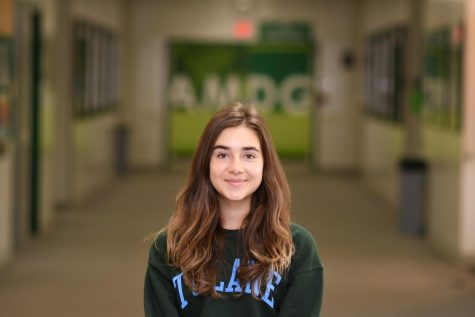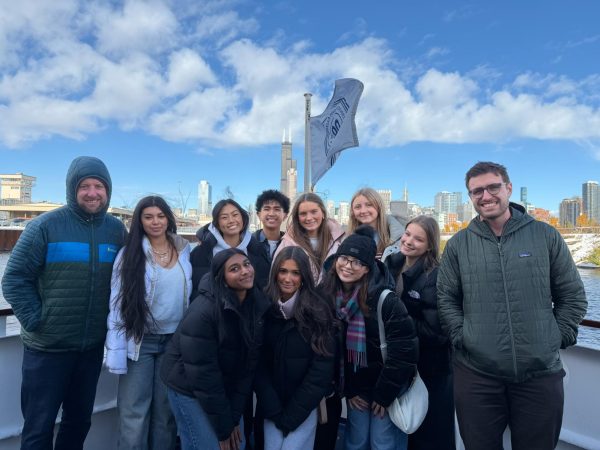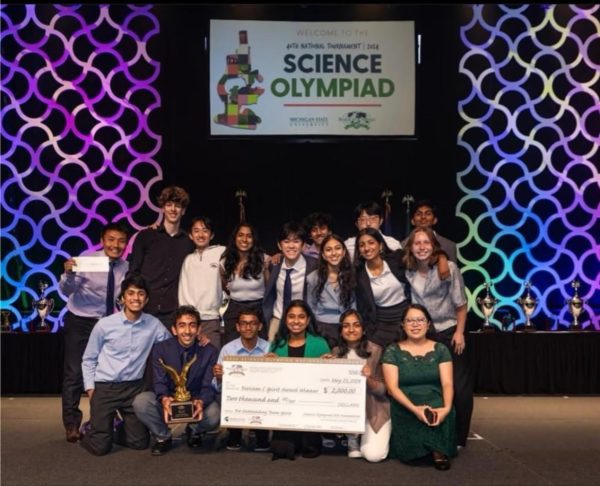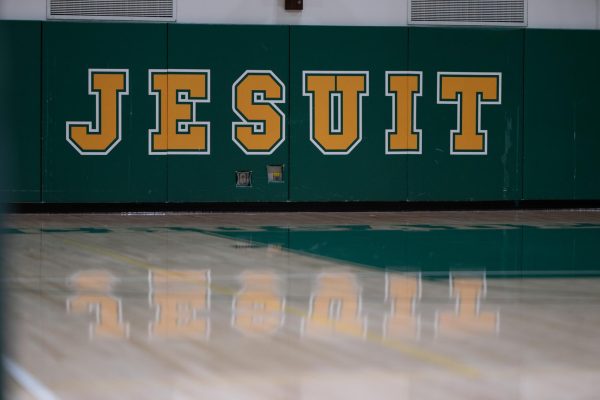The Crispaz Virtual Immersion Experience
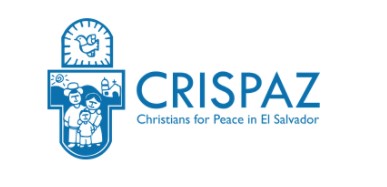
Crispaz (Christians for Peace) faith organization
During the week of June 21-25, 18 Jesuit students participated in the virtual El Salvador Immersion with a faith-based organization called Crispaz, Christians for Peace. Throughout the immersion, students learned about the social, political, and religious climate in El Salvador in accordance with Crispaz’s mission. Committed to non-violence and supporting those on their religious journeys, their mission is to build bridges of solidarity between the nation’s poor and underprivileged communities with other communities around the world, such as Jesuit High School.
During a student’s junior/senior year at Jesuit, they are required to complete their 65 hour Christian Service project. Considering the wide range of service options open to juniors, it can be difficult to discern which service project is the best experience to take on. For some of the students who participated in the virtual El Salvador immersion, they chose this service project because it gave them the opportunity to learn about a foreign country and how the topical subject of immigration affected that country.
Senior Nina Khare and junior Tessa Curl decided to participate in the virtual El Salvador immersion program because they wanted to expose themselves to a new country and the diverse perspectives it would yield.
“When I was reviewing my service options, I knew I wanted to go somewhere to do service,” Khare said. “I think a lot of people focus on current events with the US-Mexico border, and migrants specifically, which is a lense of really ignoring the causes of the migration itself, so I thought that being able to focus on El Salvador, which is further from the US-Mexico border and really understand what makes people leave would be a different experience for me.”
“I picked [Crispaz] because I always wanted to do an immersion,” Curl said. “I’ve never learned about El Salvador, and it seemed a lot different than the other service options available. I wanted to make a change and learn about things I normally wouldn’t learn about.”
For senior Mithra Karamchedu, his decision to participate in the program was based on the positive feedback he received from students who had already participated in other immersion programs.
“I’ve heard a lot of things about KBI (Kino Border Initiative) and CRISPAZ from my friends, and they had said it was very eye-opening and definitely changed their perspective on a lot of things,” Karamchedu said. “It made me curious about it so I thought I’d try CRISPAZ, and I really enjoyed it and learned a lot.
Campus Minister Don Clarke and Andrea Casey, Director of the Arrupe Center for Justice, were Jesuit’s adult leaders during the program, a program which would not have come to Jesuit had it not been for Mr. Clarke’s previous relationship with Crispaz.
“We were adult leaders who really participated in the virtual immersion right along with you and that was our first time doing an immersion experience of any kind with Crispaz,” Casey said. “Mr. Clarke’s relationship with Crispaz goes back a lot deeper, so he is the one who presented this opportunity as an option we should consider.”
Each day of the immersion consisted of a lesson on a particular subject related to El Salvador followed by a talk from one or more Salvadorans who would personally speak about the subject. These talks were one of the most memorable experiences for Khare, Curl, and Karamchedu.
“I think one of the most memorable things from that week was hearing about how the mother had lost her son to the border, and the fact that she never actually got any closure or acknowledgement of what actually happened to him,” Khare said. “That’s a really big difference from having someone pass away to someone disappear, and I think that distinction of having someone disappear is that you can’t actively grieve because you don’t know what actually happened.”
“He was talking to us on Zoom about his journey to the US and how he had to hide in bushes and only get a certain amount of food and had to walk so much,” Curl said. “It made it more real for me to know what someone really went through and how horrible it is. It made me feel more connected with the program. I got to experience what people have to live through.”
“The one that sticks with me the most was when we were talking to Isabel, and she was talking about what happened to her sons and how one of her sons was killed near the Mexican border,” Karamchedu said. “Because of how raw that was and how emotional it was, it really changed my perspective on these things.”
Both Mr. Clarke and Ms. Casey were in agreement that Crispaz was an ideal immersion experience because it prioritized relationships and emphasized the importance of solidarity, which is an important theme in the junior/senior service project.
“With all of our organizations, whether it’s an immersion trip, domestic, abroad, or local agency, we are always looking for the organization to prioritize relationships,” Casey said. “Knowing that Crispaz really valued, and even in an e-immersion, would prioritize opportunities for students to have that one-on-one conversation with people in the community, would prioritize personal stories, and would prioritize humanizing the issue of immigration and migration is something that is really important to us.”
“The other thing that was important to me was that Crispaz has also told the stories of the Jesuits that were killed in El Salvador and that for me has been really important for the school to be involved with,” Clarke said.
When questioned about the biggest takeaway from their immersion experience, Curl and Karamchedu said that they learned about the power of hope, especially for those where hope seems lost.
“I definitely got hope the most,” Curl said. “We talked to so many people and they told us about their experiences and none of them gave up. They kept fighting for what was right and what they needed. I got inspired by them.”
“Crispaz was about opening our eyes to things we have never seen before,” Karamchedu said. “One takeaway I got was that even though what we were hearing felt really hopeless, the people we talked to were actually pretty optimistic. Somehow we will always be able to be resilient, no matter the circumstances there will always be something deep inside us that can be resilient and find hope.”
For Khare, however, her biggest takeaway from the experience was understanding the push and pull factors which cause individuals, even families, to migrate.
“The biggest thing that was put the most weight upon was…that it was not an individual person, but it was a system that was broken and people that needed help, not necessarily bad people,” Khare said.
Both Curl and Karamchedu offered advice to students who are considering participating in the Crispaz immersion program.
“You don’t really know how it affects you until you’re doing it,” Curl said. “It changed my perspective on so many things, and I think so much differently. I feel more sympathetic and I know what happens to people and how it affects them. And you don’t really know until you hear those stories and go through it, but it was truly life changing.”
“My experience was definitely one I’m not going to forget, and I definitely encourage people to go if they are interested,” Karamchedu said. “You will see things through a new perspective. Also, things that really stayed with me was how interconnected everything is. I know Francisco, [Director of Crispaz], brought that up a few times, that we can’t just think of these things in a vacuum. Everything influences each other. We are really going to have to make a collective effort if we are going to make changes.”
Mr. Clarke’s concluding remarks regarded the impact the El Salvador immersion will have on students’ experiences in the future.
“The people that were there, when they hear about El Salvador, may just listen a little bit differently,” Clarke said. “On November 1, the sacristens are going to pound all of the crosses that go along the walkway. The seven Jesuit martyrs will be around the statue of Mary, so as you’re going by you will say ‘Oh, I know what these are, I’ve heard their stories, I’ve seen pictures of their faces.’”
